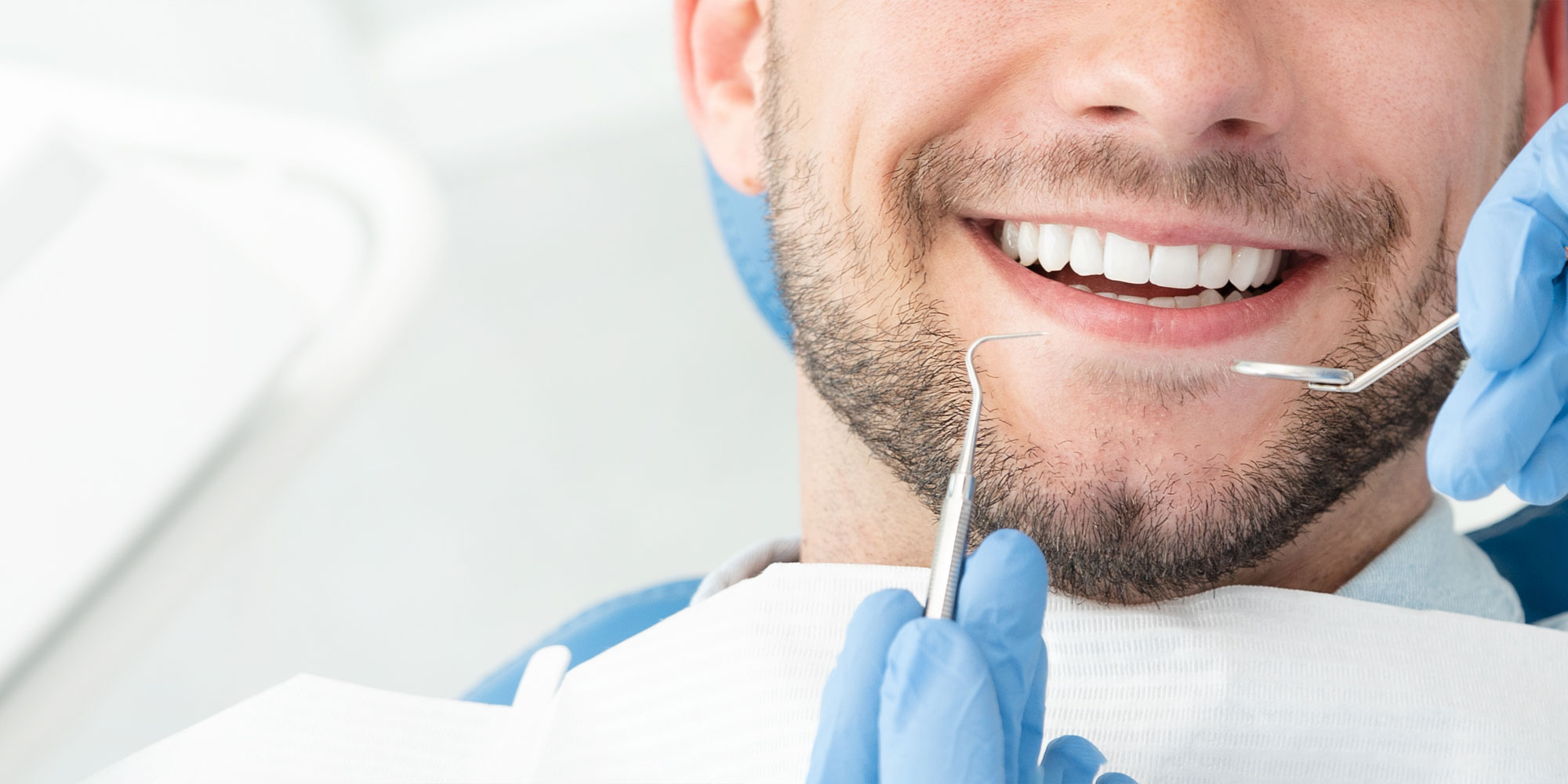Dental emergencies can range from sudden severe pain to traumatic injuries affecting the teeth, gums, or mouth. Knowing how to respond to various dental emergencies is important to minimize pain, prevent further damage, and seek appropriate professional care. Here’s how to handle common dental emergencies:
1. Toothache:
- Rinse your mouth with warm water.
- Gently floss around the affected tooth to remove any debris that might be causing the pain.
- Avoid placing aspirin or any other pain relievers directly on the gum or tooth, as it can cause irritation.
- Contact your dentist to schedule an appointment and discuss your symptoms.
2. Knocked-Out Tooth:
- Hold the tooth by the crown (the chewing surface) and rinse it gently with water if it’s dirty. Do not scrub or remove any attached tissues.
- If possible, try to reinsert the tooth into the socket. Gently hold it in place by biting down on a clean cloth.
- If reinserting is not possible, place the tooth in a cup of milk or saliva to keep it moist.
- Contact your dentist or an emergency dentist immediately. Time is crucial in saving a knocked-out tooth.
3. Chipped or Broken Tooth:
- Rinse your mouth with warm water to clean the area.
- If there’s bleeding, apply gentle pressure with a clean cloth or gauze.
- Collect any broken tooth fragments if possible.
- Contact your dentist to schedule an appointment. They can assess the damage and determine the appropriate treatment.
4. Lost Dental Filling or Crown:
- Save the filling or crown if you still have it.
- Gently clean the tooth and the inside of the crown with warm water.
- Apply a dental cement or temporary dental adhesive (available at most pharmacies) to temporarily secure the crown or filling in place.
- Contact your dentist to schedule an appointment for a proper repair or replacement.
5. Object Stuck Between Teeth:
- Try to gently remove the object using dental floss. Do not use sharp or pointed objects that might damage your gums or teeth.
- If flossing doesn’t work, contact your dentist for assistance.
6. Soft Tissue Injury (Bitten Lip or Tongue):
- Clean the area with warm water and apply a cold compress to reduce swelling.
- If bleeding is persistent or severe, seek medical attention or visit an emergency room.
7. Abscess or Swelling:
- An abscess is a serious infection that can cause severe pain and swelling. It requires immediate attention.
- Contact your dentist or an emergency dentist to schedule an appointment.
8. Dental Appliance Breakage:
- If a dental appliance (braces, retainer, dentures) breaks or becomes uncomfortable, contact your orthodontist or dentist for guidance.
In any dental emergency, it’s important to contact your dentist or an emergency dental service as soon as possible for professional advice and treatment. Keep your dentist’s contact information easily accessible and know the location of local emergency dental clinics in case of after-hours emergencies. If you’re unsure about the severity of the situation, it’s always better to err on the side of caution and seek professional help.






